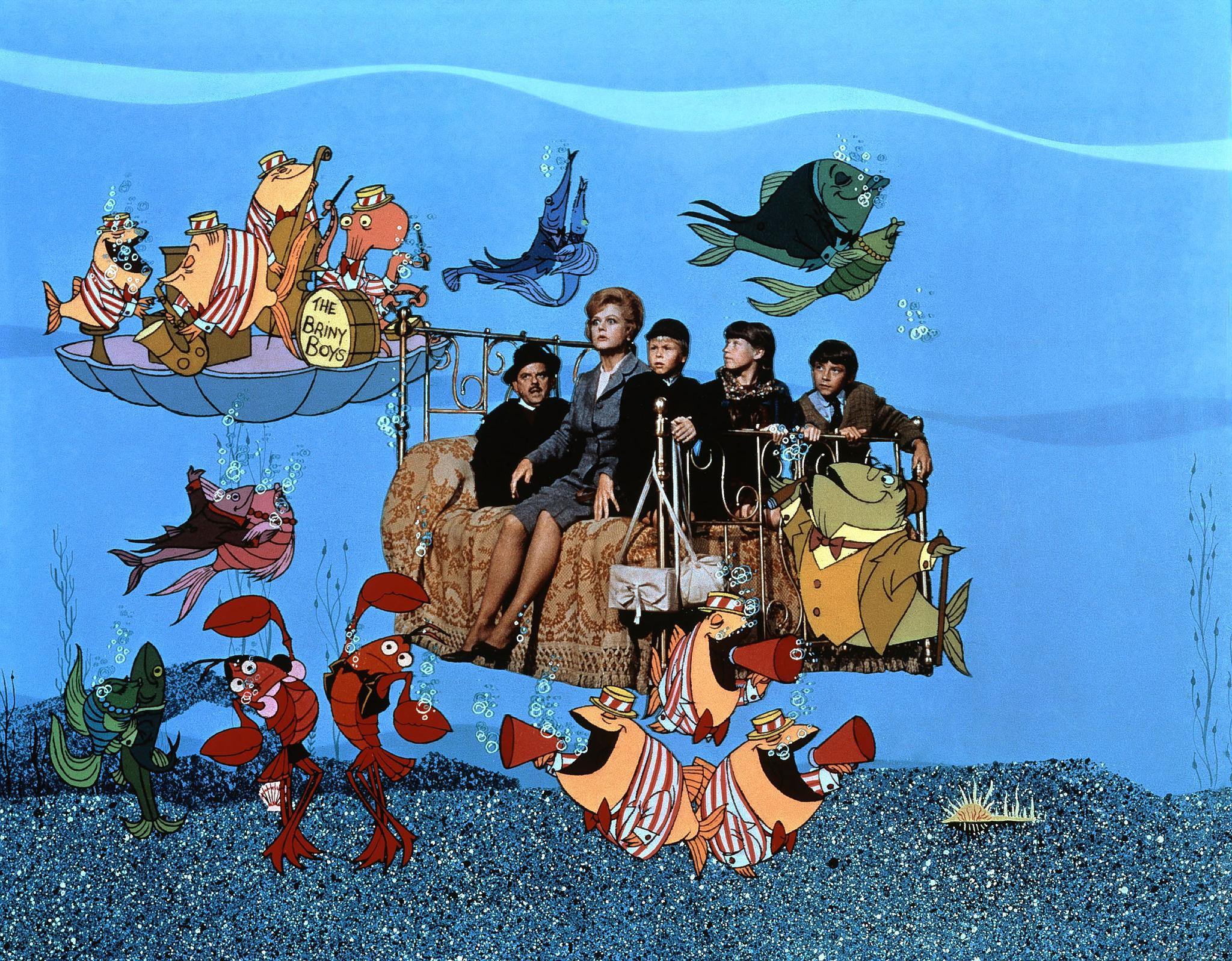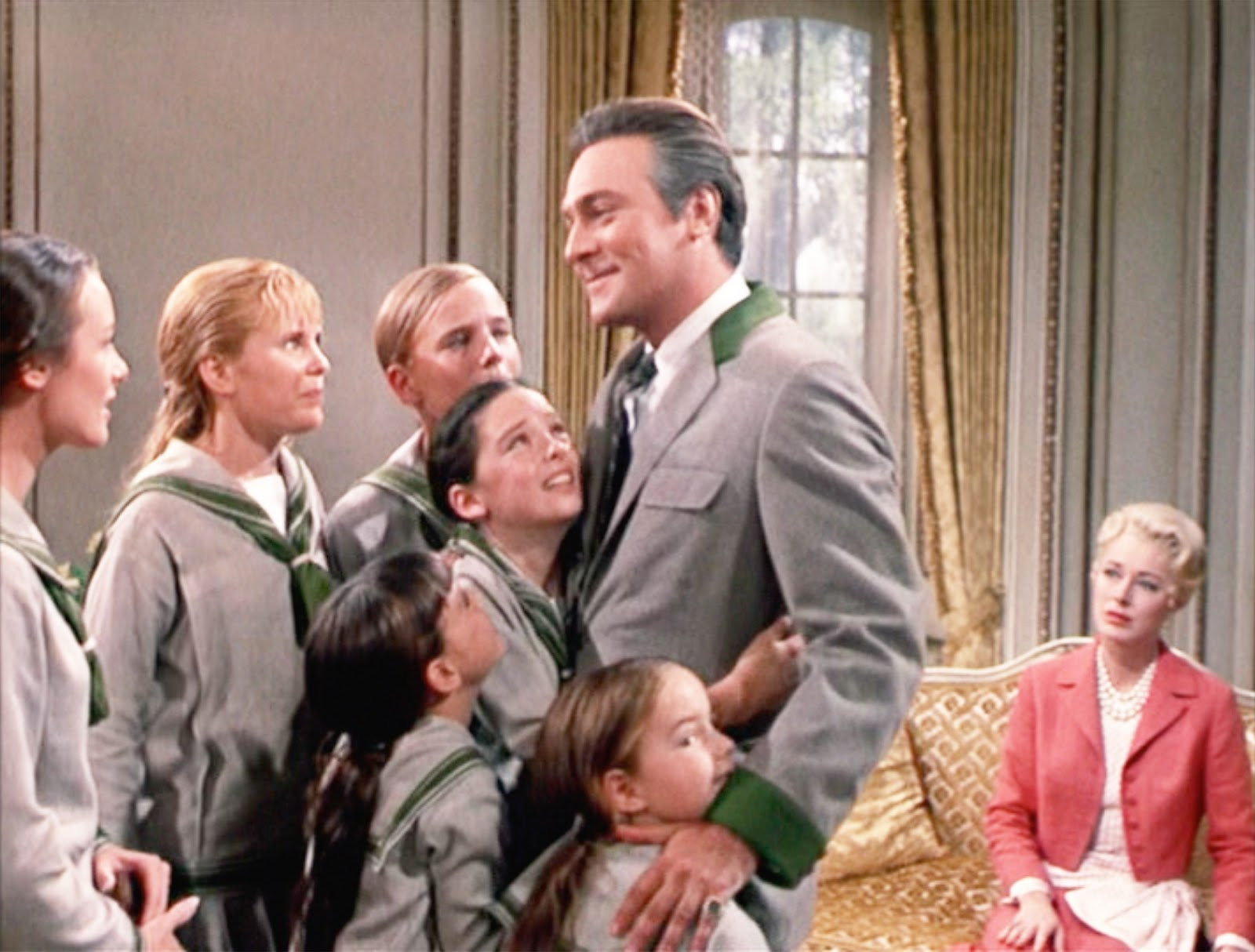Like a relentless earworm, “Tomorrow” from the musical Annie has taken up residence in my brain. It’s a sunny, upbeat tune, seemingly radiating pure, unadulterated optimism. But beneath the bright melody and hopeful lyrics lies a poignant undercurrent, a subtle sadness that transforms this beloved anthem into something far more complex than simple cheerfulness. Why does this song, ostensibly about hope and brighter days, carry such an unexpected weight? Let’s delve into the heart of “Annie’s” signature song and explore the surprising melancholy that makes “Tomorrow” resonate so deeply, even today.
“Tomorrow,” at first glance, is the quintessential feel-good song. It’s the soundtrack to childhood optimism, a rallying cry against adversity, and a testament to the power of positive thinking. From school choirs to talent shows, the song has become synonymous with youthful resilience and the unwavering belief in a better future. But strip away the context of the upbeat musical arrangements and consider the raw emotion embedded in the lyrics, and a different picture emerges. The song isn’t merely about hope; it’s about the desperate need for hope in a life that’s anything but bright.
The lyrics themselves, while seemingly straightforward, hint at a world of hardship. “When I’m stuck with a day that’s gray and lonely,” Annie sings, immediately establishing a present reality far removed from sunshine and smiles. This isn’t a song born from contentment; it’s a song sung from the depths of loneliness and what she calls a “hard-knock life.” The very act of singing about “tomorrow” is an escape, a mental refuge from the bleakness of “today.” Phrases like “Bet your bottom dollar that tomorrow / There’ll be sun!” aren’t confident pronouncements of future joy, but rather fervent wishes, almost pleas, against the overwhelming odds of her current situation. The repetition of “Tomorrow, tomorrow, I love ya, tomorrow, You’re always a day away” emphasizes this sense of perpetual yearning, a tomorrow that is always just out of reach.
Annie’s context within the musical further amplifies this underlying sadness. She is an orphan in the depths of the Great Depression, living in a squalid orphanage under the tyrannical rule of the alcoholic and neglectful Miss Hannigan. Her world is one of deprivation, emotional neglect, and constant uncertainty. Her optimism isn’t simply a personality trait; it’s a survival mechanism, a shield against the harsh realities of her existence. This forced cheerfulness, in the face of genuine hardship, becomes profoundly poignant.
 still-of-angela-lansbury-in-bedknobs-and-broomsticks-(1971)-large-picture
still-of-angela-lansbury-in-bedknobs-and-broomsticks-(1971)-large-picture
Angela Lansbury in “Bedknobs and Broomsticks” embodies the magical escapism that musicals sometimes offer, a stark contrast to the grounded, albeit musically enhanced, hardships faced by Annie in her story.
Annie’s unwavering faith in “tomorrow” becomes almost Sisyphean. Like the mythological figure condemned to eternally roll a boulder uphill only to have it roll back down, Annie’s tomorrow, in its idealized form, never truly arrives. She dreams of loving parents, a warm home, and a life free from hardship. While the musical provides a somewhat happy ending with her adoption by Oliver Warbucks, the underlying questions linger. Does this new “tomorrow” truly fulfill her deepest longings, or is it merely another “today” in a gilded cage? The film itself hints at this unease. When Annie arrives at Warbucks’ mansion, her first instinct isn’t to revel in luxury, but to ask to clean the windows and floors, reflecting her ingrained expectation of servitude and labor, even in this opulent new setting.
The 1982 film adaptation, directed by John Huston, masterfully captures this bittersweet essence. Despite the vibrant musical numbers and comedic moments, there’s a palpable undercurrent of melancholy. Carol Burnett’s portrayal of Miss Hannigan, while broadly comedic, also reveals a deep-seated loneliness and desperation. Albert Finney’s Oliver Warbucks, initially gruff and emotionally distant, embodies the coldness of wealth and power, suggesting that material comfort alone cannot fill the void of genuine human connection that Annie craves. Even the seemingly celebratory musical numbers, like “Hard Knock Life” and “Little Girls,” expose the grim realities of orphanage life, highlighting the stark contrast between the children’s forced optimism and their actual circumstances.
 photo_sound-of-music07.jpg
photo_sound-of-music07.jpg
“The Sound of Music,” often celebrated for its uplifting spirit, presents a stark contrast to “Annie,” where the musicality serves to underscore a more complex and even melancholic narrative.
Perhaps the truest testament to the song’s inherent sadness lies in its modern interpretations. Numerous covers of “Tomorrow,” particularly those found on platforms like YouTube, strip away the Broadway glitz and opt for minor key arrangements, transforming the anthem into a ballad of profound longing and vulnerability. These interpretations resonate because they tap into the song’s underlying emotional truth: “Tomorrow” isn’t just about hope; it’s about the struggle to maintain hope in the face of persistent hardship, the aching desire for a future that feels perpetually out of reach. These darker renditions expose the raw nerve of the song, acknowledging the pain beneath the forced smile.
Even the seemingly happy ending of Annie is tinged with ambiguity. While Annie is adopted by Warbucks, the film subtly questions whether this solves her deepest emotional needs. Warbucks, a self-proclaimed lover of “money” and “power,” struggles to express genuine affection. His adoption of Annie begins as a PR stunt, and even as he grows to care for her, his emotional limitations are evident. The final celebratory party, while visually dazzling, feels somewhat hollow, a grand gesture from a man accustomed to grand gestures, but perhaps less adept at genuine intimacy. The unresolved romantic tension between Warbucks and Grace Farrell, his ever-efficient assistant, further underscores this emotional distance. Grace, who briefly lets her hair down earlier in the film as a symbolic gesture of warmth and connection, reverts to her uptight bun by the finale, suggesting a return to emotional repression and the perpetuation of the status quo.
 it-pennywise-basement.jpg
it-pennywise-basement.jpg
Juxtaposing the innocent optimism of a musical like “Annie” with the chilling imagery of Pennywise from “IT” highlights the unexpected darkness and underlying anxieties that can be present even in seemingly cheerful narratives.
Ultimately, “Annie Song Tomorrow” endures not just because of its catchy melody and optimistic message, but because of its complex emotional core. It’s a song that acknowledges the reality of hardship while simultaneously clinging to the hope of a better future. But it’s in this very tension, this gap between the bleak “today” and the elusive “tomorrow,” that the song’s unexpected sadness resides. Annie’s unwavering optimism is both charming and, in a way, tragic. She represents the human spirit’s remarkable capacity for hope, even when faced with seemingly insurmountable odds. But “Tomorrow” reminds us that hope itself can be a double-edged sword, a source of strength, but also a poignant reminder of what is lacking in the present. It’s a song that resonates because it speaks to the universal human experience of yearning for a better future, even when that future feels perpetually a day away.
